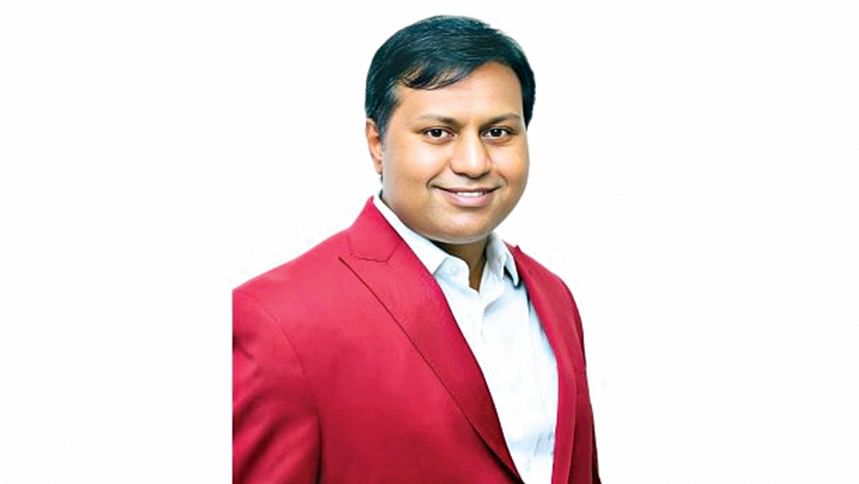What’s really undermining health insurance?

A few days ago, famous Bangladeshi cricketer Tamim Iqbal suffered a major heart attack during a match. Around the same time, Bollywood actor Saif Ali Khan was attacked in his own residence. These incidents are stark reminders that life can change in an instant. But are we prepared, especially financially, for such moments?
A 2022 study by the Bangladesh Institute of Development Studies (BIDS) found that 6.1 million people in the country fell below the poverty line after covering medical expenses. According to the World Bank, nearly 74 percent of healthcare costs in Bangladesh are paid directly by households, placing a huge burden on families. In other words, many Bangladeshis are just one medical emergency away from financial ruin.
Health insurance offers a safety net, shielding families from the devastating financial impact of unexpected medical events. While more citizens are slowly beginning to benefit from insurance when hospitalised, the vast majority still remain without coverage. Why is that? Is it a matter of affordability or attitude?
The answer, in many cases, lies in attitude. Financial literacy in Bangladesh remains low. Most people are unfamiliar with tools that can protect their hard-earned savings from unforeseen crises. Health insurance is one such tool. It can provide critical financial stability during times of illness or injury.
US Congresswoman Janice Schakowsky once said, "Without health insurance, getting sick or injured could mean going bankrupt, going without needed care, or even dying needlessly."
Unfortunately, health insurance penetration in Bangladesh remains alarmingly low, largely due to a lack of awareness and education. As a result, individuals bear the full cost of treatment. In contrast, neighbouring countries are faring much better.
According to GlobalData, India's health insurance sector grew by 17.8 percent in 2023, driven by rising out-of-pocket medical expenses, greater awareness of lifestyle diseases, and easier access to insurance through digital channels. Even in Pakistan, more people are recognising the value of health insurance. Statista projects the market size there will reach roughly $191.84 million by 2025.
Perception remains the biggest barrier in Bangladesh. Many urban professionals earning decent salaries rely solely on limited employer-provided coverage, often capped at Tk 1 to Tk 2 lakh and full of restrictions. Worse still, many employers offer no coverage at all. Small business owners and the self-employed are usually left out entirely. Many see personal insurance as a luxury, or even a waste of money.
But it is worth remembering that corporate policies may not fully cover medical expenses, and they lapse when one changes jobs. Illness, however, does not wait. Securing an individual policy early in life ensures continuous coverage and lower premiums.
Currently, for just Tk 13,000 to Tk 22,000 a year (depending on age), anyone can buy an individual health insurance policy with broad coverage. That works out to about Tk 35 per day — less than the cost of a coffee in a high-end café. There are even tax savings if health insurance is bundled with a life policy.
If you want to avoid having your savings wiped out by medical bills — or worse, being forced into debt — then individual health insurance is not optional. It is essential.
The writer is the vice president (health insurance) at Pragati Life Insurance PLC.

 For all latest news, follow The Daily Star's Google News channel.
For all latest news, follow The Daily Star's Google News channel. 



Comments